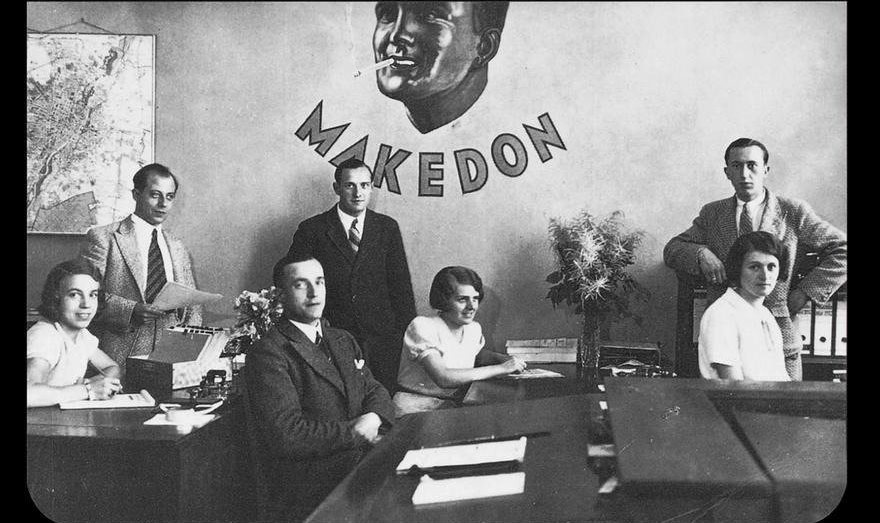The Salaried Masses
Siegfried Krakauer's The Salaried Masses explores the lives, the hopes, the dreams, and ultimate dissapointments of Berlin's pracarious middle class (named the "salariat" by Walter Benjamin) in the late 1920s. This is a class of people who are alienated from their work but paid just enough to consume a little extra. The salaried masses are immersed in Adorno's culture industry and suffer from Marx's alienated labor. They are unhappy but not desperate. Whereas the unemployed consider killing themselves, the salaried masses have just enough auspicious consumption to keep them thinking too hard about what's going on. In fact, as one interviewee remarks, thinking too hard is a distraction from what would otherwise be more interesting. The salaried masses, young and surrounded by commodities, have absorbed the ideas of the bourgeoisie, much like the characters in Georges Perec's 1965 novel Things: A Story of the Sixties.
Alas, a mass of things does not a life make, and distractions can't keep everything at bay. The salariat is homeless. Unlike the working class, they lack even the illusion of a meaningful identity and life purpose. They are unfree in the truest sense of the word. Their work is meaningless and they exist within a world akin to a Kafka novel (images of the concrete workspaces in Terry Gilliam's 1985 film Brazil come to mind). Their trade unions only push further integration into the world of work, all the while talking about anti-capitalism and the virtues of freedom through sports and nature hikes. They recognize that machines were supposed to make them free, but in fact, lead only to underemployment and deskilling. The salaried masses misrecognize how close they are to true proletarians. Their position is precarious and getting worse. The workers' movement in Germany has been crushed and offers no home.
The specter of Nazi Germany hovers over Kracauer's work. Fascism will feed on the emotions of the precarious middle class and many who feel Germany shake and crumble. How many of the workers who Kracauer encounters will find a home in the Nazi Party? How many will seek a remedy for the meaninglessness of life under capitalism in the ideology of fascism?
Kracauer fled the Nazis through France, Spain, and Portugal, while finally landing in New York. Walter Benjamin killed himself while waiting to cross into Spain in 1940. George Perec's father died a soldier in the war, and his mother was murdered in a concentration camp.

Comments
Post a Comment